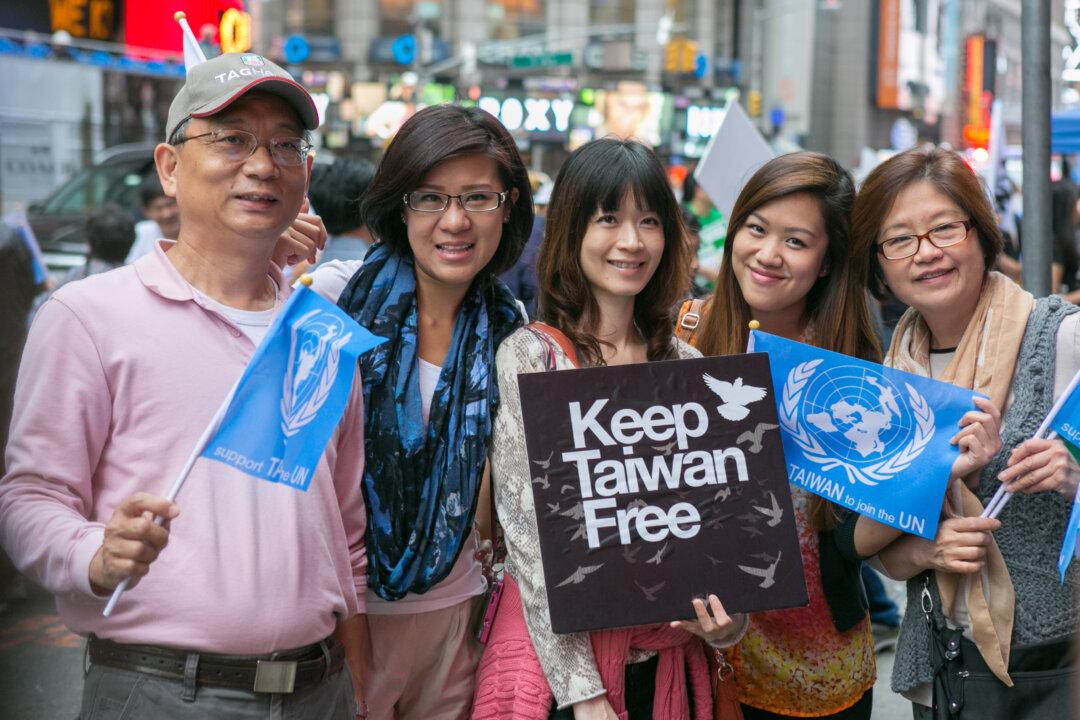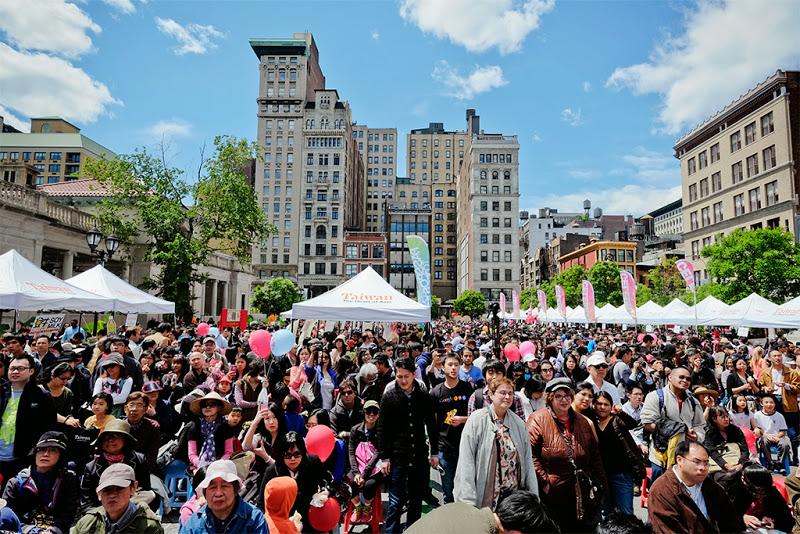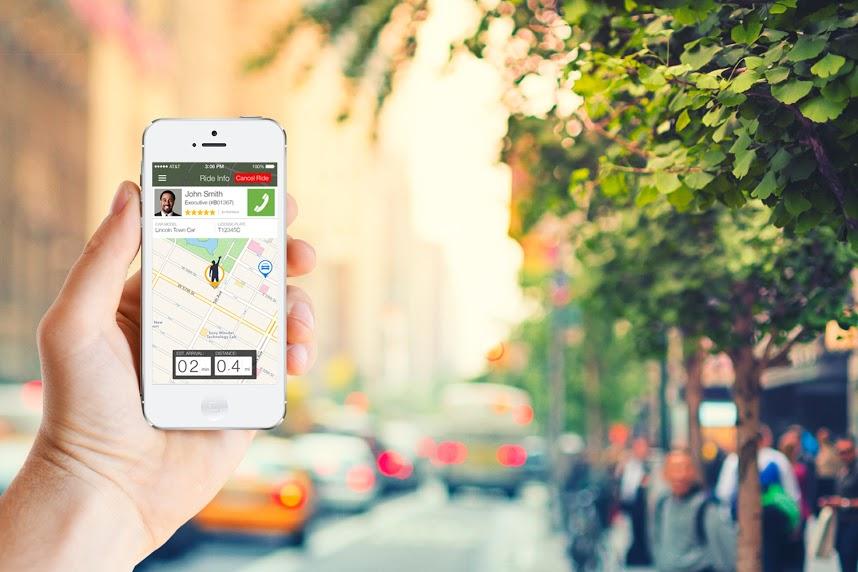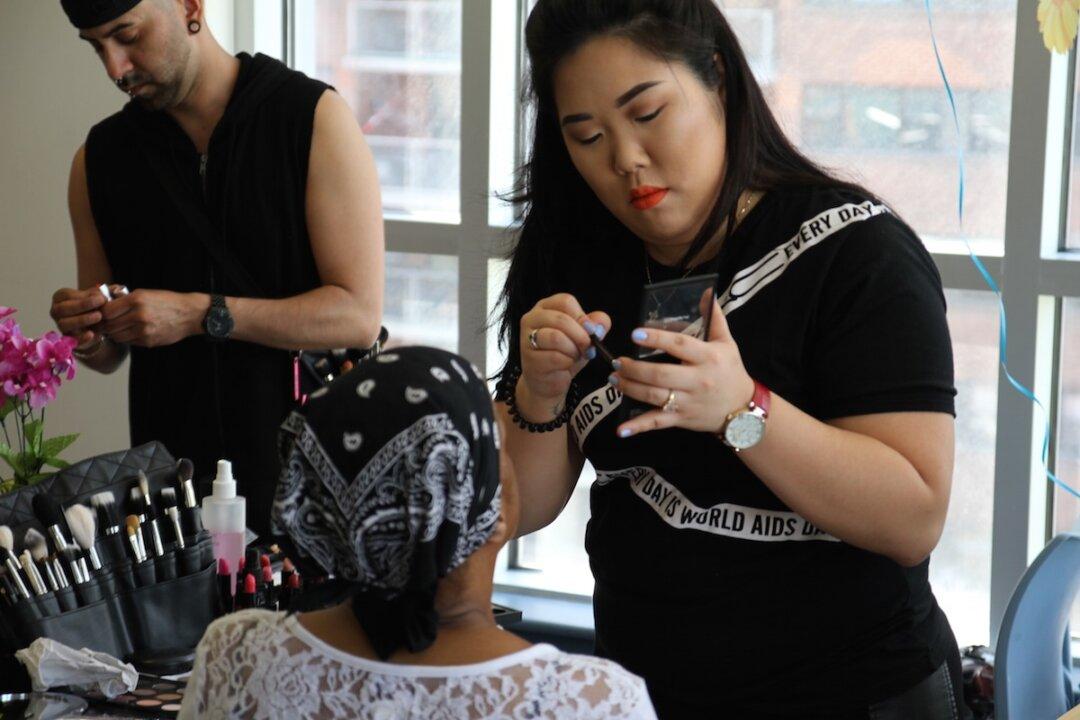NEW YORK—Taiwan’s story is that of an underdog. A small island gave refuge to individuals escaping communism in mainland China and then stubbornly resisted its giant neighbor’s demands that it submit.
That island nation evolved politically from authoritarianism to enjoy democracy and economic freedom. Now, Taiwanese-Americans are calling for a reassertion of Taiwan’s independence against an aggressive China, with their latest effort a rally on Saturday afternoon in Times Square.
The challenges to Taiwan’s continuing independence are daunting. Over a thousand Chinese missiles now target the island, and the island has been refused entry into the United Nations, the World Health Organization, or even recognition from most of the world as a legitimate country.

Recognition of Taiwan by the United Nations would settle the question of whether the island is a country. Taiwan, formally known as the Republic of China, was a U.N. member from 1945 to 1971, losing its seat to the People’s Republic of China.
“I think that everyone who participates in this movement is realistic enough to know that Taiwan joining the U.N. is not something that is very likely to happen,” said Oliver Hsu, 33, president of the Taiwanese American Association of New York. “It’s a long road to achieve this goal. At the same time, we can’t stop trying, because not doing this every year would be giving up. And then nobody would be fighting this anymore.”
China threatens Taiwan not only with missiles, but with business transactions. A trade pact known formally as the Cross-Strait Service Trade Agreement would open up many lucrative industries to Chinese businessmen in Taiwan and provide them with unlimited renewable visas.
The pact drew the ire of Taiwanese students in March, who organized massive protests called the Sunflower Movement. Taiwan’s president signed the pact in June, but the legislature has not yet ratified it.
“On the outside it looks like Taiwan still has its own government, democratically elected, and China is not attacking, but there’s a lot of forces underneath that are always working,” said Hsu, who lives in Midtown.
Gene Wang, 52, who works at Merrill Lynch, said he wasn’t as worried about missiles as much as he was about China’s economic prowess: “China cannot use missiles to threaten America. But they can use economic power to buy America.”
“When those companies come over to Taiwan, it’s very hard for private companies in Taiwan to compete.” said Hsu. “If Taiwanese companies get driven out of business, then all that will be left are Chinese companies that are indirectly involved with the Chinese government.”
“China’s government is so involved with its business world—a lot of Chinese businesses are subsidized by China,” he said.

Young and Restless
Many protesters noted that although the rally and organizations behind it have not achieved the goal of Taiwan joining the U.N., they have seen a lot more Taiwanese-Americans from younger generations joining the movement.
“About five or ten years ago, all those crowds were just full of old people, like me,” said Hong Tien Lai, 74, chairman of the Taiwanese American Council of Greater New York. “But now there are many young people who’ve awakened and recognized their identity. Their passion is very pure.”
“Even before I was born, my parents were very gung-ho about this,” said Jennifer Kao, 23, who works at a tech start-up. “Growing up, we went to a lot of protests.”
Although Kao was surrounded by a culture of protest and overseas indignation, it wasn’t until a few years ago that she became personally interested in the movement.
High schools in America skim over many parts of history, and the complex relations between China, Taiwan, and the United States are no exception. Kao did her own research, watching news in Mandarin Chinese with her dad as the translator and reading up Wikipedia pages.
“Unfortunately, you have to resort to a lot of blogs, informal blogs, or stuffy old books,” said Kao. “There’s so many things that you don’t know, that you have to research.”
Hsu, who was born in Austria and came to America in his high school years, learned Taiwan’s history through talking to others in the community: “There are people here who kind of lived through the dark times in Taiwan’s history, so I learned through them. I studied computer science and music in college; those aren’t really fields with Asian history or political science.”
Kao said this annual rally usually draws more than 500 people, and has drawn as many as 2000. Miscommunication and perhaps the threat of rain kept attendance down, she said, and rain struck Times Square as the rally drew to a close.
Event organizer Jenny Wang said that it didn’t matter how many people attended the event, as long as there were people there to fight.
“Even though there’s not as many people—the age range!” She declared, pointing at grandmas walking with their toddler grandchildren in the pouring rain. “We’ve got people here from 0 to 100.”
“The long history of Chinese aggression and harassment of free countries and the free world is really a threat to the United States,” said Andy Chen, 60, a natural scientist from New Jersey. “And I know the United States has been independent for more than 200 years. We know that freedom doesn’t come free or easy. It’s efforts made by many, many generations.”
American Stake
New Yorkers and tourists alike wandered around Times Square, throwing curious glances at the rally that blasted pop music and the occasional chant of “Keep Taiwan Free!”
“It’s not just Times Square,” said Mark Kao, father of Jennifer Kao and president of Formosan Association for Public Affairs (FAPA), which tries to push pro-Taiwan issues in Congress. “We’re here to educate everyone.”
Many protesters said that the United States should be strongly concerned with the issue of Taiwan’s sovereignty. Although the 1979 Taiwan Relations Act said that the U.S. would protect Taiwan, the U.S. has taken an increasingly pro-China stance in recent years, beginning in 1972, when former President Richard Nixon visited China.
“When Nixon went to China, China told Nixon: ”If you want to be with me, you have to get rid of Taiwan,“ said Lai, who is from Westchester. ”It’s understandable, but after a certain point, too much appeasement will harm the world, just like before WWII, when European countries tried to appease Hitler.”
“If the U.S. lost Taiwan to China, it would be a blow to its image,” said Hsu, adding that Taiwan is both a strong trading partner and military ally for the United States.
Some made their support for Taiwan’s independence known.
A police officer in Times Square replied to a female protester, “China bullies Taiwan. They’re bullies. No good. I know, I watch the news.”




